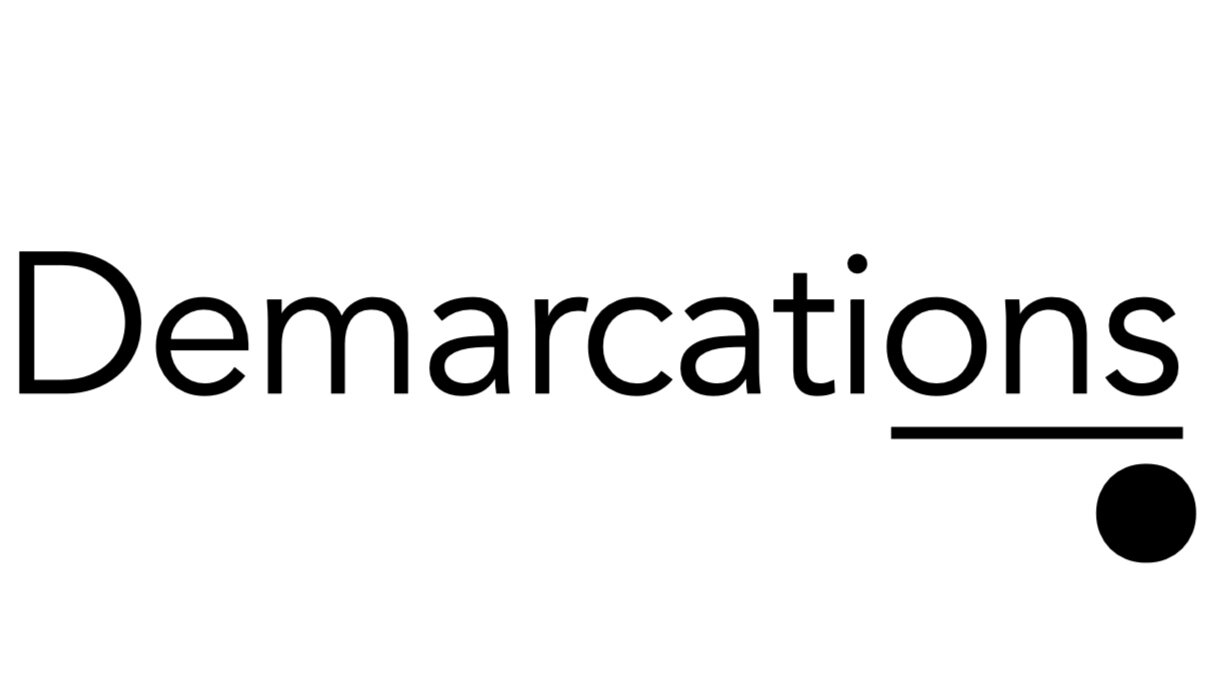Marjorie M. Shultz, a former Berkeley law professor and psychologist Sheldon Zedeck are trying to find out. The Law School Admissions Council is funding their research into alternatives to the LSAT, the standardized test for law school candidates. They have designed a test that focuses on predicting success, not just in law school, but as lawyers. The new test is based on a survey of Berkeley alums:
The survey produced a list of 26 characteristics, or “effectiveness factors,” like the ability to write, manage stress, listen, research the law and solve problems. The professors then collected examples from the Berkeley alumni of specific behavior by lawyers that were considered more or less effective.
Using the examples, Professor Shultz and Professor Zedeck developed a test that could be administered to law school applicants to measure their raw lawyerly talent.
Instead of focusing on analytic ability, the new test includes questions about how to respond to hypothetical situations. For example, it might describe a company with a policy requiring immediate firing of any employee who lied on an application, then ask what a test taker would do upon discovering that a top-performing employee had omitted something on an application.
More than 1,100 lawyers took the test and agreed to let the researchers see their original LSAT scores, as well as grades from college and law school.
The study concluded that while LSAT scores, for example, “were not particularly useful” in predicting lawyer effectiveness, the new, alternative test results were — although the new test was no better at predicting how well participants would do in law school. Unlike the LSAT, the new test did not produce a gap in scores among different racial or ethnic groups.
There are serious limitations to the study, as the article points out, and law schools are far from ready to dump the LSAT. But this research reflects the legal community's recognition that being a good lawyer requires more than analytical ability. For example, success as a lawyer requires the ability to communicate analysis with good writing or presentation skills, under time pressure, and in high stress situations. Lawyers increasingly need to work collaboratively. The ability to listen is critical, but often lacking.
The new test is a positive step forward.
